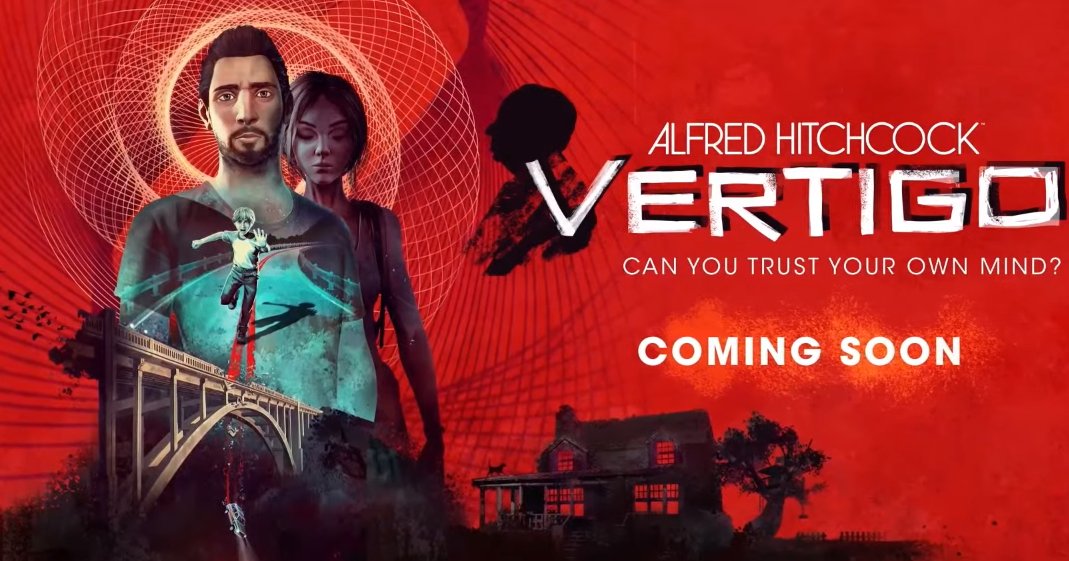

#ALFRED HITCHCOCK VERTIGO MOVIE TV#
Vertigo was re-released theatrically in 1963 and shown on TV for the next 10 years.

"Stef" turned out to be no prophet when it came to profits: instead of being a blockbuster, Vertigo barely broke even, making back its $2.5 million budget but bringing in far less than other Hitchcock films of the period, such as Rear Window, To Catch A Thief and North By Northwest. " Vertigo is one of the most fascinating love stories ever filmed." declared Jack Moffitt of The Hollywood Reporter, while Bosley Crowther of The New York Times called it a "fascinating mystery" and praised Nowak as "really quite amazing."ĭespite his misgivings about the movie, Variety's "Stef" confidently proclaimed, " Vertigo looks like a winner at the box office as solid entertainment in the Hitchcock tradition." The Variety staff critic identified only as "Stef" deemed it to be "prime though uneven Hitchcock," singling out Stewart's "startlingly fine performance" but complaining that "the plain fact is that the film’s first half is too slow and too long."

#ALFRED HITCHCOCK VERTIGO MOVIE MOVIE#
The general consensus was that the movie was much too drawn-out, glacially paced and extremely far-fetched. "The story line is not easy to follow," noted the reviewer for The Los Angeles Citizen-News. "(A)nother Hitchcock and bull story," snapped the critic for Time magazine. "Alfred Hitchcock, who produced and directed this thing, has never before indulged in such farfetched nonsense," snapped John McCarten of The New Yorker. When Madeleine meets an untimely death, Scotty is devastated, until he runs into Judy Barton, a young woman who bears an eerie resemblence to the late Mrs. Hitchcock's film, adapted by Samuel Taylor and Alec Coppel from the Pierre Boileau and Thomas Narcejac novel "D'Entre les Morts (From Among the Dead)," follows retired detective Scotty Ferguson (James Stewart) - who suffers from a paralyzing fear of heights - as he becomes obsessed with Madeleine Elster (Kim Novak), the woman he's been assigned to watch. It's even more remarkable when you look back at what critics thought of Vertigo when it was released in the spring of 1958. The survey, which is compiled once a decade, saw Hitchcock bumping Orson Welles' Citizen Kane, which had held the spot for 50 years.īy any standards, that would be an astonishing achievement. Alfred Hitchcock's Vertigo is the greatest film of all time.Īt least, that is, according to the critics that voted in the British Film Institute's 2012 Sight & Sound poll.


 0 kommentar(er)
0 kommentar(er)
